| Long Road for Rice Export: Part 1 - Great Opportunity! Long Road for Rice Export: Part 2 - Continuously Fluctuating Market, Risk of Loss is Waiting |
Create close links between businesses and farmers
In recent shares, Associate Professor Dr. Bui Ba Bong, Chairman of the Vietnam Rice Industry Association, pointed out that the advantage of Vietnam's rice industry is that it owns a developed irrigation system, the most concentrated production area in Southeast Asia, and the effective contribution of science and technology. In particular, the high-quality rice varieties Dai Thom 8, OM18, ST25 and advanced cultivation techniques have brought about outstanding rice productivity compared to the region, making a breakthrough in the value of exported rice.
This has helped Vietnam export nearly 8.3 million tons of rice with a turnover of 4.78 billion USD in 2023, an increase of 16.7% in volume and 38.4% in value compared to 2022. However, the reality is that despite the record increase in rice exports, the lives of rice growers are still difficult, and many export enterprises have left the market or fallen into a spiral of losses. The reasons are explained by experts: Because the rice industry has not been proactive in the source of input materials, prices have not been strictly controlled, always at a high level, the production chain between farmers and businesses is not tight, lacking sustainability; export markets have not been diversified, still dependent on a number of traditional markets.
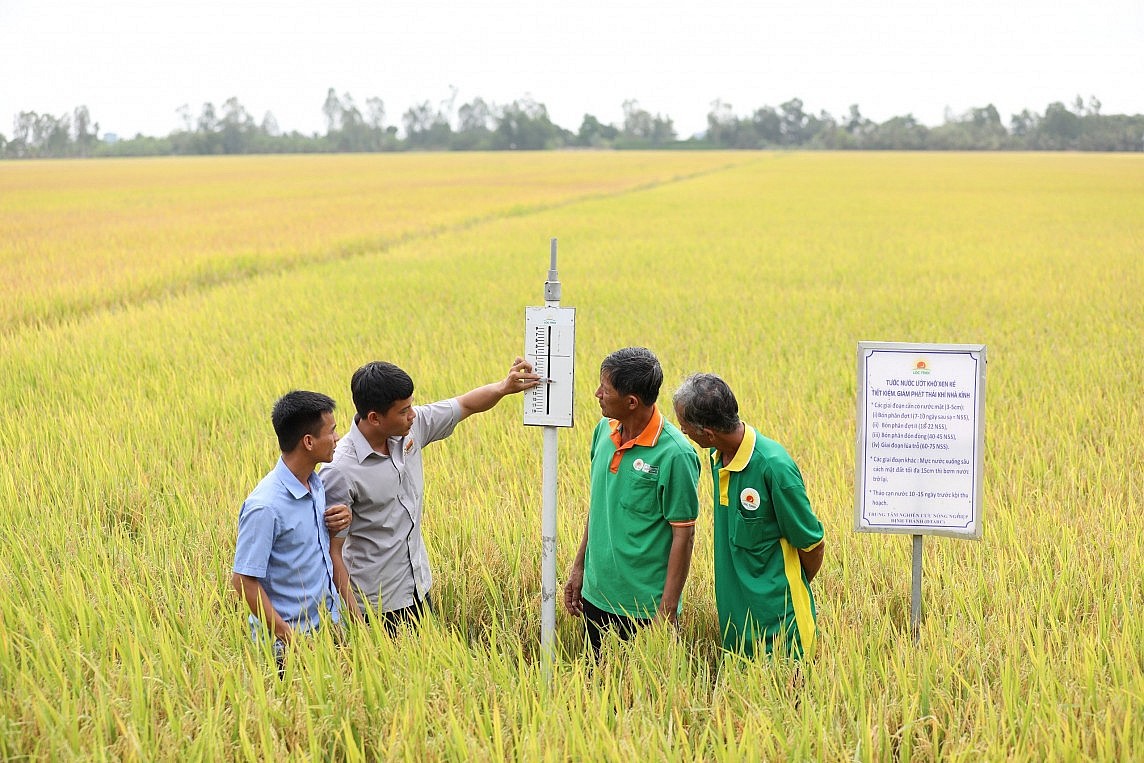 |
| Close links between farmers and businesses will avoid risks when market prices fluctuate. |
Entering 2024, although Vietnamese rice continues to have many opportunities to increase exports, according to the assessment of the Ministry of Agriculture and Rural Development and a number of relevant agencies, currently, in the provinces of the Mekong Delta, the winter-spring rice crop is being harvested, but there is a phenomenon that businesses are waiting for rice prices to drop while people want to sell rice at high prices like in the last months of 2023; if this situation continues, it will cause businesses to lose rice export opportunities and affect production and income of rice growers.
Therefore, experts believe that linking production with rice consumption according to the value chain plays an extremely important role in the current situation. More importantly, in the rice production chain, not only farmers make a profit but also businesses. To do this, farmers need to increase the size of their households, concentrate and accumulate rice land, cooperate in production according to the large-field model and form cooperatives. At the same time, it is also necessary to cooperate with businesses to form a value chain, including horizontal linkages between farmers and cooperatives and vertical linkages between farmers, cooperatives and businesses.
“To have large-scale production, it is necessary to link up and apply scientific and technical advances on the basis of training. In which, enterprises place orders for cooperatives to produce according to export requirements, at the same time, enterprises and farmers need to have a common voice to maintain credibility with each other. Especially in the process, there must be profit sharing, creating credibility, and sustainable development” - Mr. Nguyen Thanh Truyen, Director of the Department of Industry and Trade of Long An province recommended.
Market-based underwriting
From the reality of the enterprise, Mr. Phan Van Co, Marketing Director of Vrice Company Limited, expressed his opinion that in the past, many rice enterprises had implemented a large-field model to link production and consumption. Accordingly, enterprises would purchase rice from farmers at a fixed price. However, the product purchase was broken because when the price went up, many farmers "broke the deal" to sell to traders, and when the price went down, enterprises did not buy. Therefore, for the linkage model to be sustainable, it is necessary to implement the purchase according to the market mechanism.
Sharing the same view, Mr. Ngo Huu Phat, Director of Thien Phat Company, said that businesses, farmers, and cooperatives need to share profits harmoniously with each other. According to Mr. Phat, in 2023, this enterprise has linked to purchase and consume over 600,000 tons of rice in many localities in the Mekong Delta.
To create trust between businesses and farmers in this connection, Mr. Phat proposed a method of connection that has been successfully implemented by businesses in many localities, including: Businesses will fix a fixed price with farmers according to the market price from the beginning of the season. About 10 - 15 days before harvest, if the rice price increases, the business will increase the price by 200 - 500 VND/kg for farmers, even increasing by nearly 2,000 VND/kg during times when rice prices are high. In case the rice price decreases, farmers also agree to reduce the price partly for the business. In addition, after the business has received the rice, it will continue to support 50 VND/kg to motivate farmers and cooperatives to connect with the unit.
Meanwhile, Mr. Le Phat Long, Director of Phat Tai Food Company Limited, said that export enterprises are often not interested in cooperation because in addition to high costs, farmers/cooperatives often "break the contract", while there are no sanctions for this.
According to Mr. Long, to successfully link up, this “game” must be fair, meaning both businesses and farmers must deposit at the bank to ensure the commitment between the two parties. “Farmers/cooperatives can set a selling price at the beginning of the season, in the middle of the season or 10 days before harvest, but they must deposit at the bank,” he said, explaining that this deposit will belong to the other party if the other party does not fulfill its commitment.
For the association to be successful, the issue of capital is very important, as stated by Prof. Dr. Vo Tong Xuan, that is, the State and localities need to create favorable policies to help businesses access capital. This not only helps businesses purchase rice from farmers but also gives them the opportunity to improve their factories to reduce post-harvest and processing losses - only then can businesses' profits increase.
Along with that, according to Associate Professor Dr. Bui Ba Bong, farmers need to combine mechanization, automation and digital technology. In addition, production must follow the world trend of reducing emissions to create a new image of Vietnamese rice.
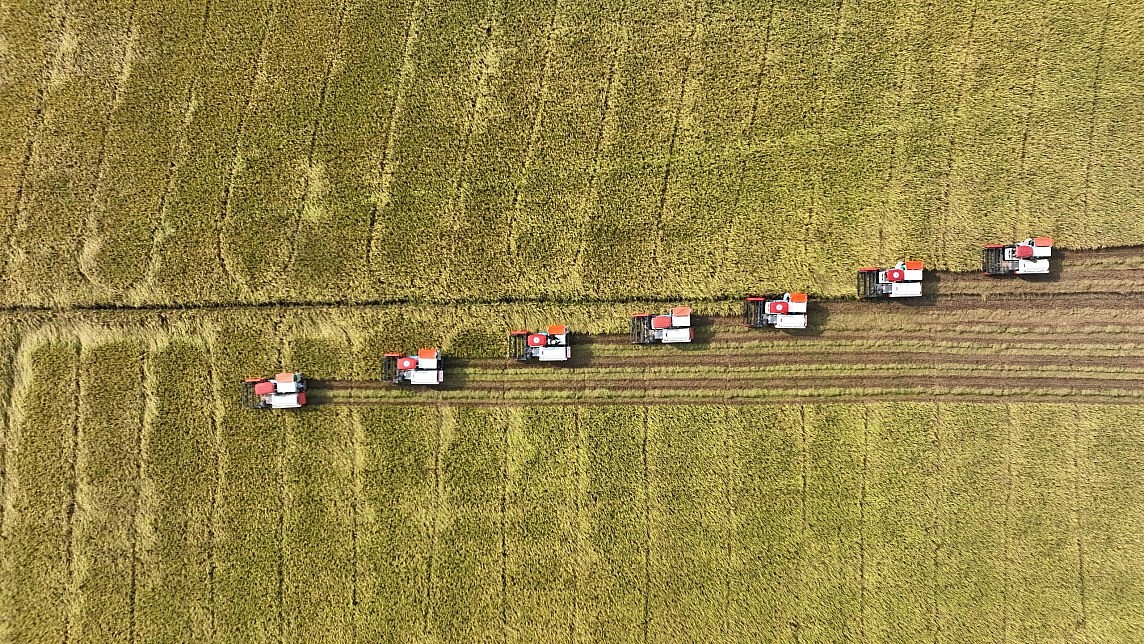 |
| The project to develop 1 million hectares of sustainable high-quality and low-emission rice cultivation associated with green growth is being implemented in the Mekong Delta. |
Regarding this issue, the Government has a project on sustainable development of 1 million hectares of high-quality and low-emission rice cultivation associated with green growth in the Mekong Delta. To participate in the project, Prof. Dr. Vo Tong Xuan said that provinces can encourage businesses to sign contracts in advance to implement production with farmers.
Accordingly, cooperatives will be established or strengthened. Cooperatives will be trained on which rice varieties to grow and which processes to follow for farmers to follow. Cooperatives will produce according to orders from businesses to have stable output. In addition, it is necessary to arrange the market, divide the market share of rice for export or domestic sale. If done so, businesses will gradually no longer compete to buy and sell, but each business will have its own raw material area. This is a sustainable long-term path for our rice to go far.
Prime Minister issues new directive on rice export business To ensure healthy and transparent rice production, trading and export activities, flexible and timely responses in the context of many market fluctuations, aiming at developing a sustainable and highly efficient rice industry, increasing income for rice growers, on March 2, 2024, the Prime Minister signed Directive No. 10/CT-TTg on promoting sustainable and effective production, trading and export of rice in the new situation. According to the Directive, the Prime Minister requested to focus on directing the effective implementation of the Project "Sustainable development of one million hectares of high-quality and low-emission rice cultivation associated with green growth in the Mekong Delta by 2030". Directing to accelerate the construction and replication of product consumption chain models to ensure harmony of interests between people and businesses... The Minister of Industry and Trade shall preside over the implementation of tasks and solutions to implement the "Strategy for developing Vietnam's rice export market to 2030" and the tasks assigned by the Prime Minister in Directives and Official Dispatches on promoting rice production and export; Urgently complete and submit to the Government the Decree amending and supplementing Decree No. 107/2018/ND-CP dated August 15, 2018 of the Government on rice export business, creating a public, transparent, fair, favorable business environment and ensuring the legitimate interests of rice farmers, maintaining the reputation of Vietnamese rice products. The Minister of Finance and the Governor of the State Bank of Vietnam shall preside over and coordinate with relevant agencies to study and handle problems related to VAT refunds according to their authority and legal regulations; preside over and coordinate with the Minister of Agriculture and Rural Development and the Minister of Industry and Trade to calculate and have a plan to purchase rice reserves that is appropriate, effective, and in accordance with regulations. Chairmen of People's Committees of provinces and centrally-run cities shall resolutely direct the effective implementation of the Project "Sustainable development of one million hectares of high-quality and low-emission rice cultivation associated with green growth in the Mekong Delta by 2030"; organize rice production in each crop season; direct local authorities to monitor and grasp information and developments in the purchase of rice in the area to promptly have appropriate solutions and provide them to relevant ministries and branches to serve the management of rice production and export nationwide... The Chairman of the Vietnam Food Association strengthens monitoring, updating, forecasting, providing information, developments in the production situation and the domestic and international rice market to relevant ministries, branches and enterprises; encourages enterprises under the Association to actively participate in the implementation of the Project "Sustainable development of one million hectares of high-quality and low-emission rice cultivation associated with green growth in the Mekong Delta by 2030" and models of production - consumption chain linkages... |
Final article: Building a brand, enhancing value for the entire chain
Source


![[Photo] National Assembly Chairman Tran Thanh Man meets with Ethiopian Prime Minister Abiy Ahmed Ali](https://vstatic.vietnam.vn/vietnam/resource/IMAGE/2025/4/16/c196dbc1755d46e4ae7b506c5c15be55)
![[Photo] Many practical activities of the 9th Vietnam-China border defense friendship exchange](https://vstatic.vietnam.vn/vietnam/resource/IMAGE/2025/4/16/3016ed3ef51049219574230056ddb741)
![[Photo] Opening of the 4th Summit of the Partnership for Green Growth and the Global Goals](https://vstatic.vietnam.vn/vietnam/resource/IMAGE/2025/4/16/488550ff07ce4cd9b68a2a9572a6e035)
![[Photo] Opening of the Exhibition on Green Growth](https://vstatic.vietnam.vn/vietnam/resource/IMAGE/2025/4/16/253372a4bb6e4138b6f308bc5c63fd51)
![[Photo] President Luong Cuong meets 100 typical examples of the Deeds of Kindness Program](https://vstatic.vietnam.vn/vietnam/resource/IMAGE/2025/4/16/ce8300edfa7e4afbb3d6da8f2172d580)
![[Photo] President Luong Cuong receives Ethiopian Prime Minister Abiy Ahmed Ali](https://vstatic.vietnam.vn/vietnam/resource/IMAGE/2025/4/16/504685cac833417284c88a786739119c)
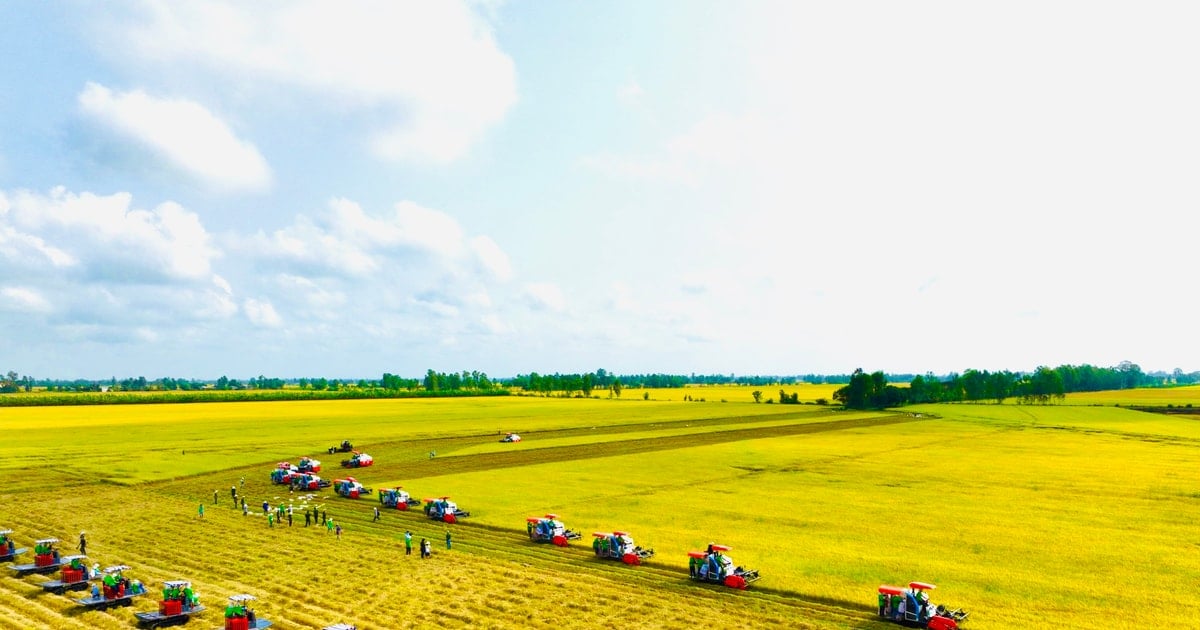

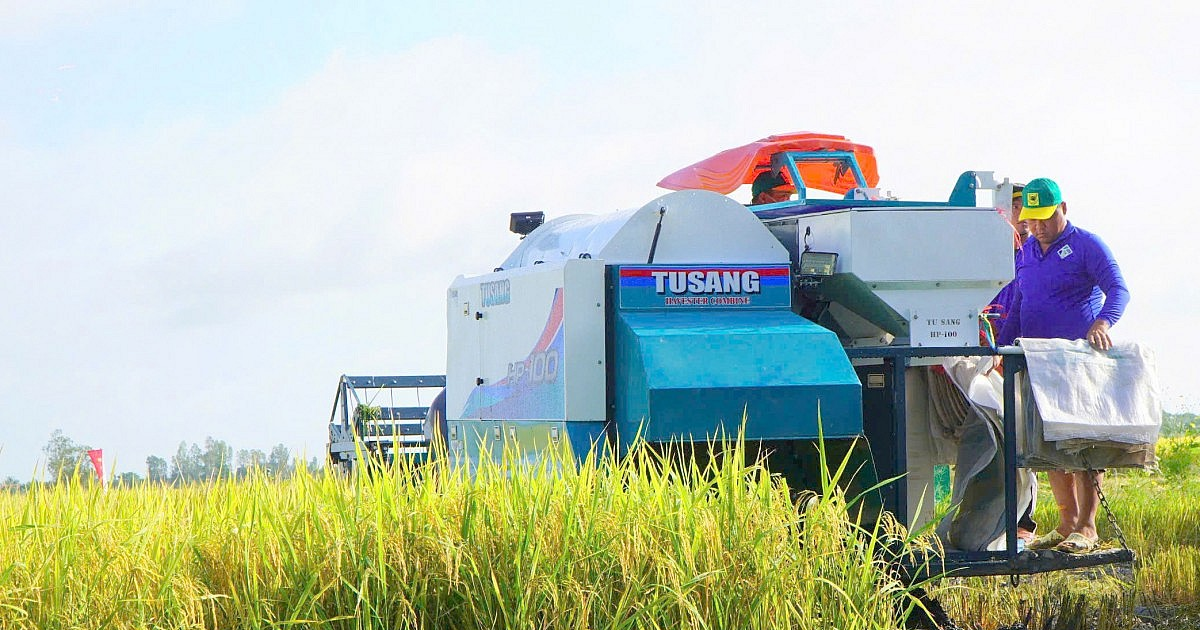
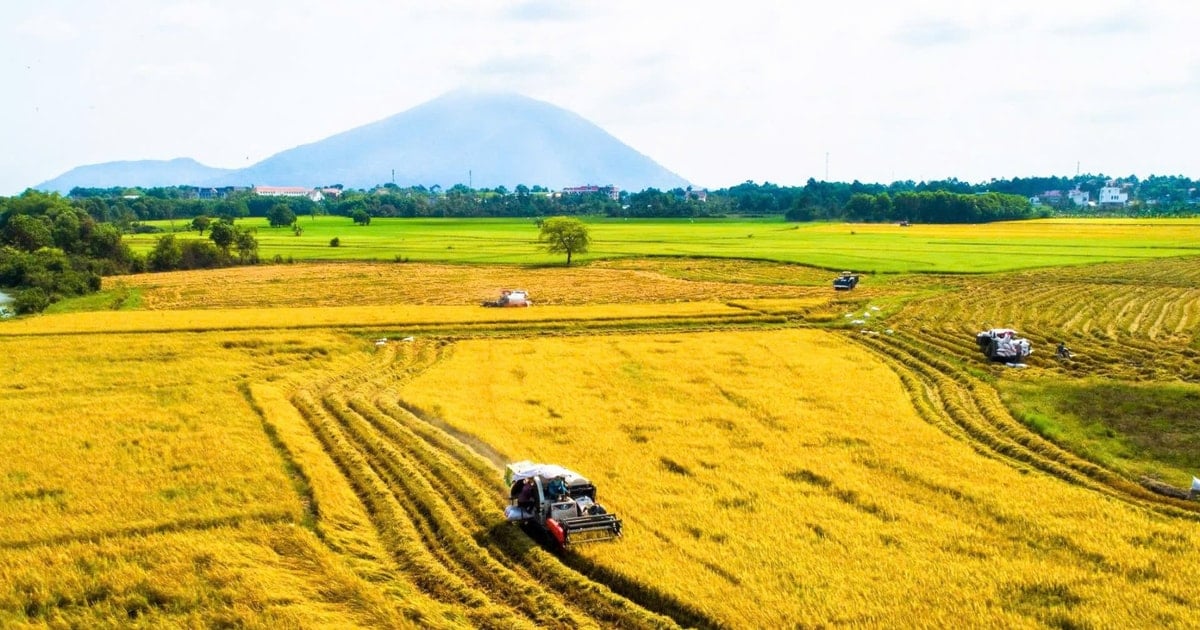

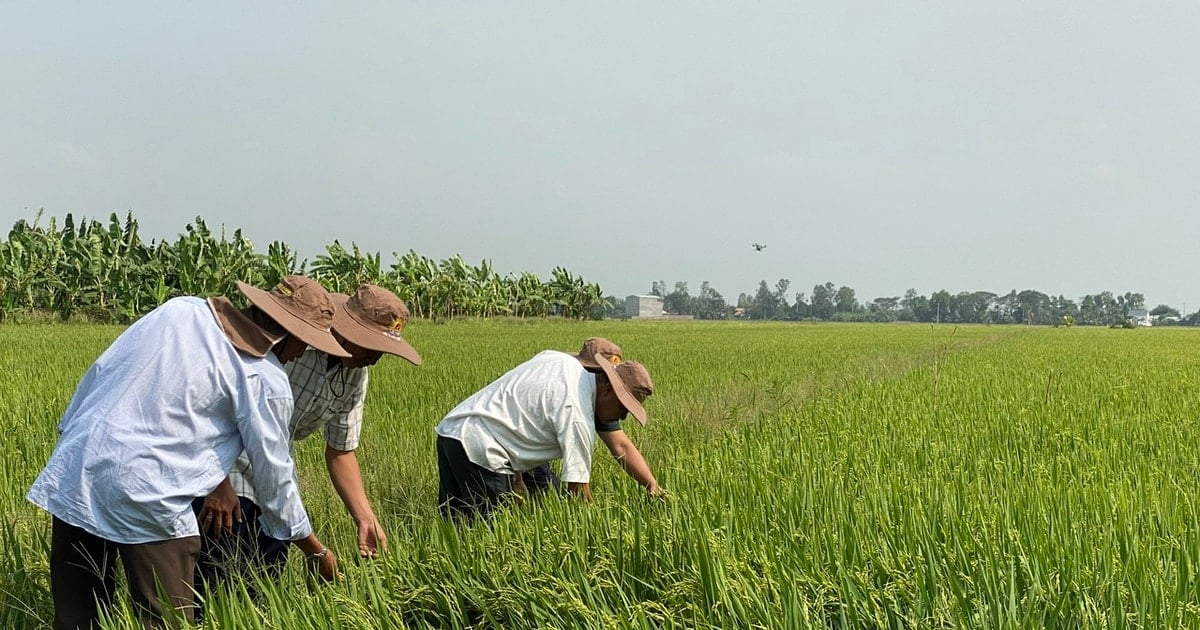
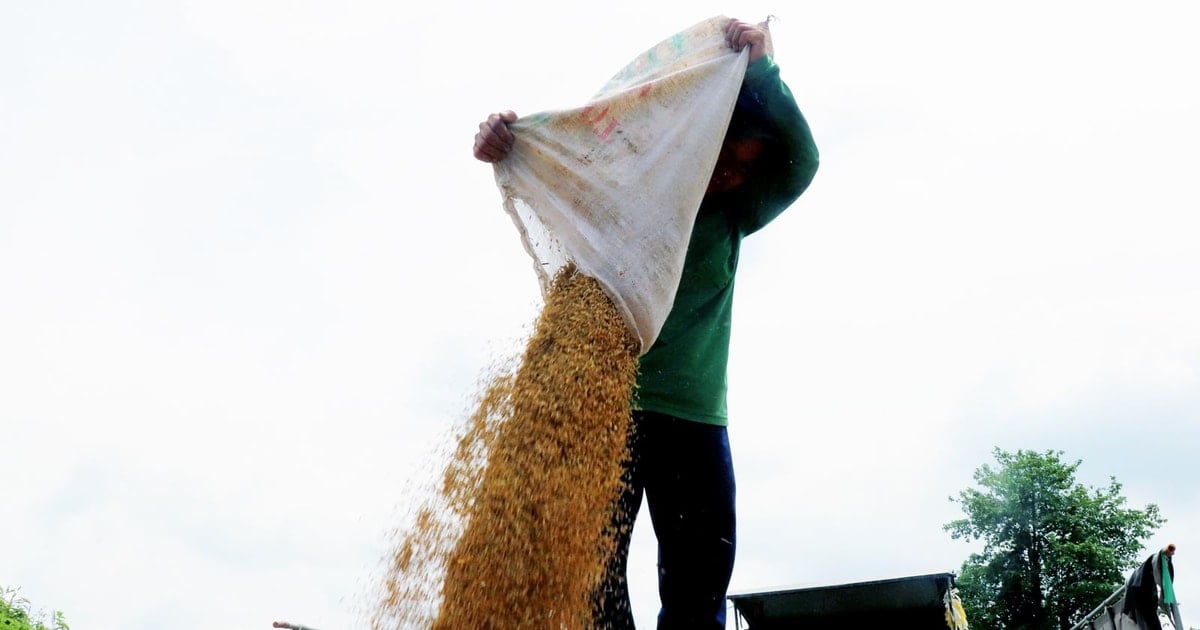
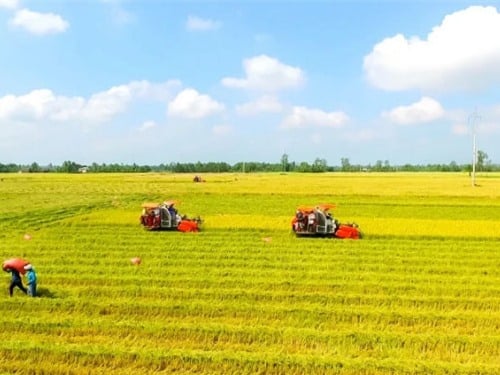

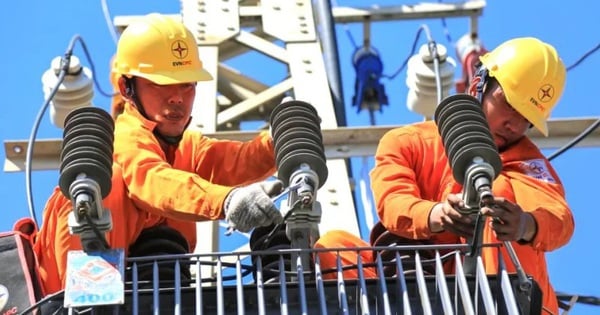

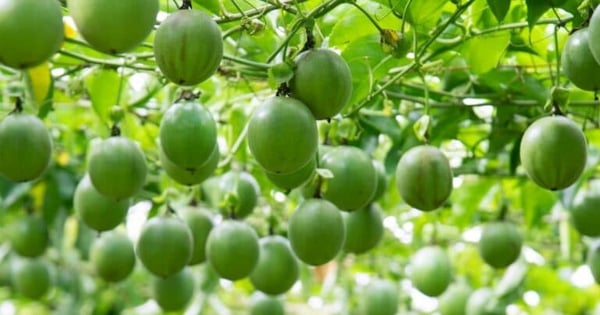
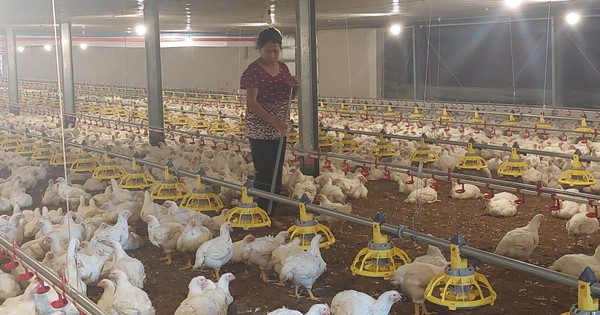
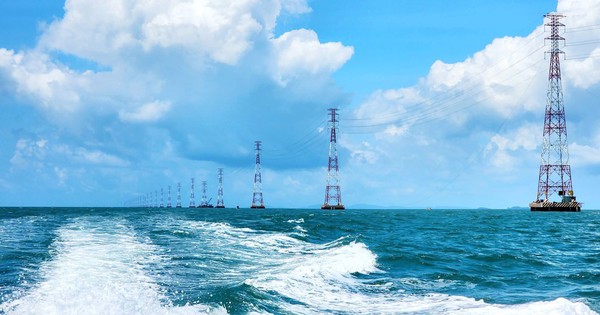
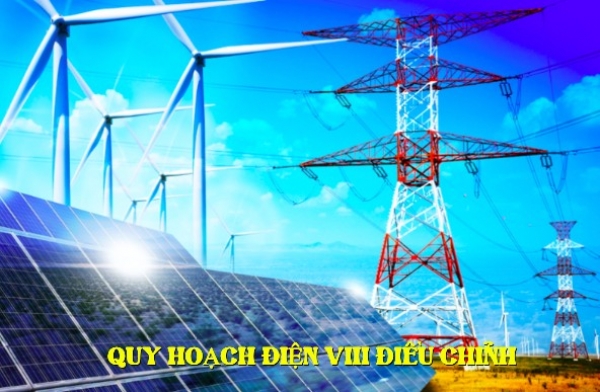




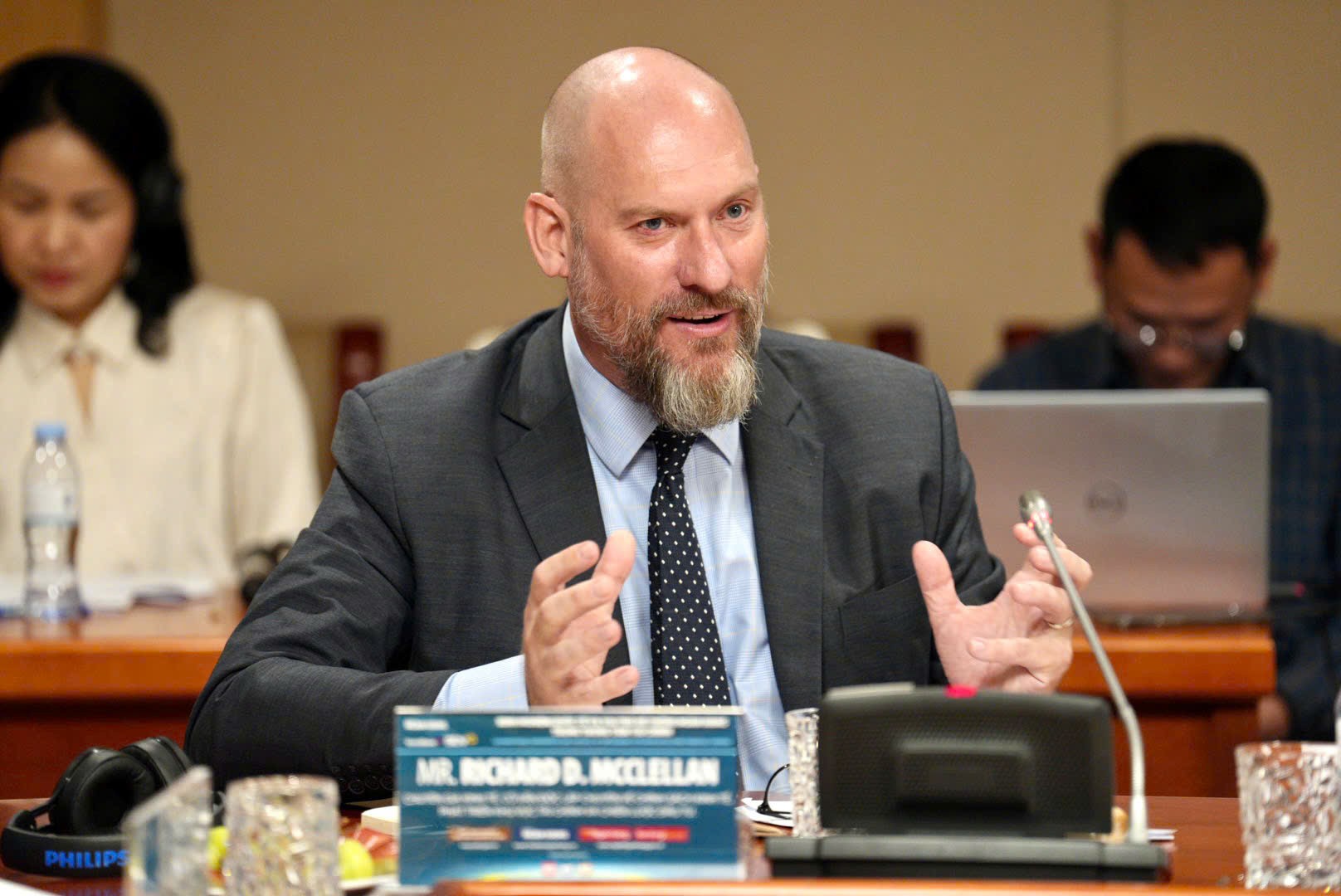
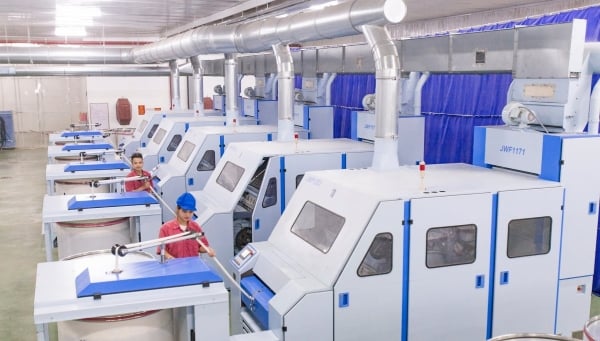
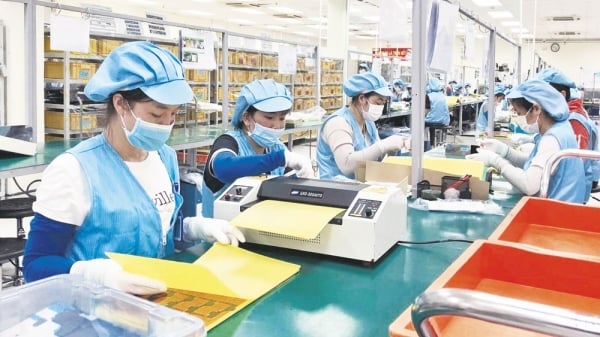
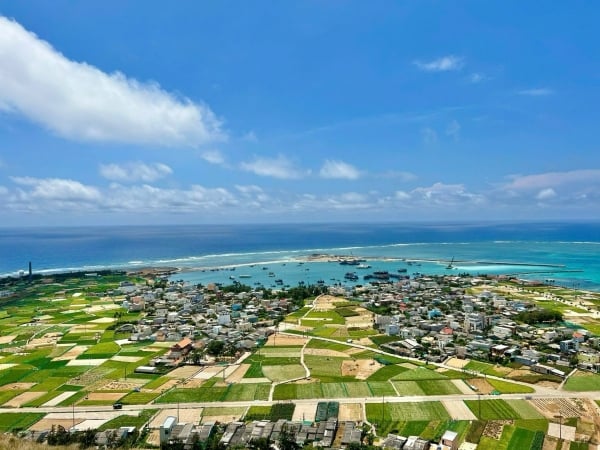

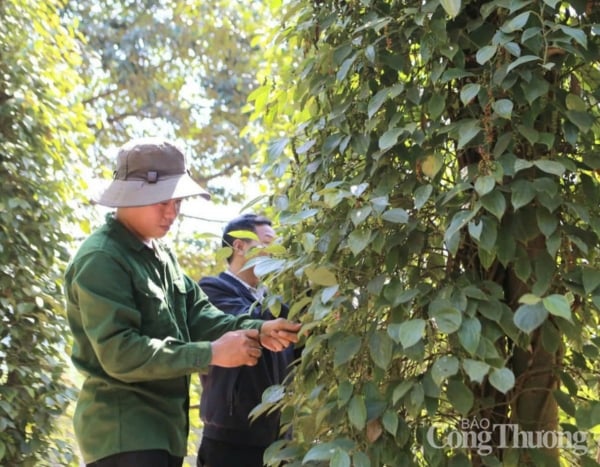


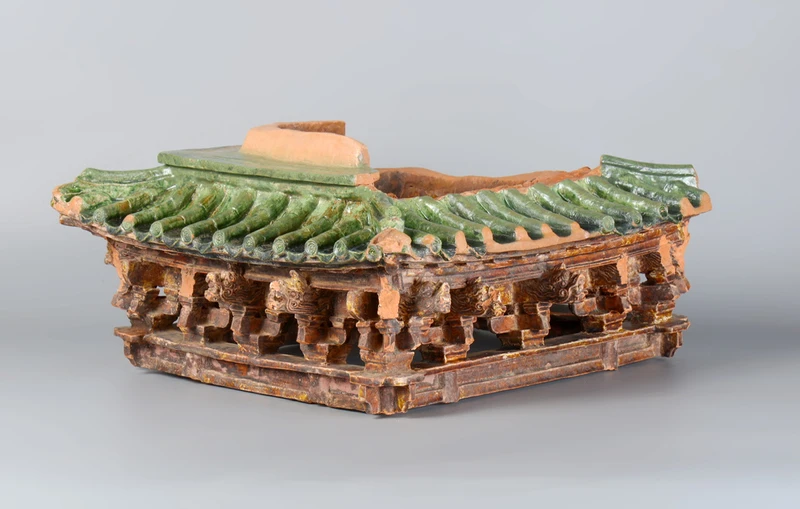



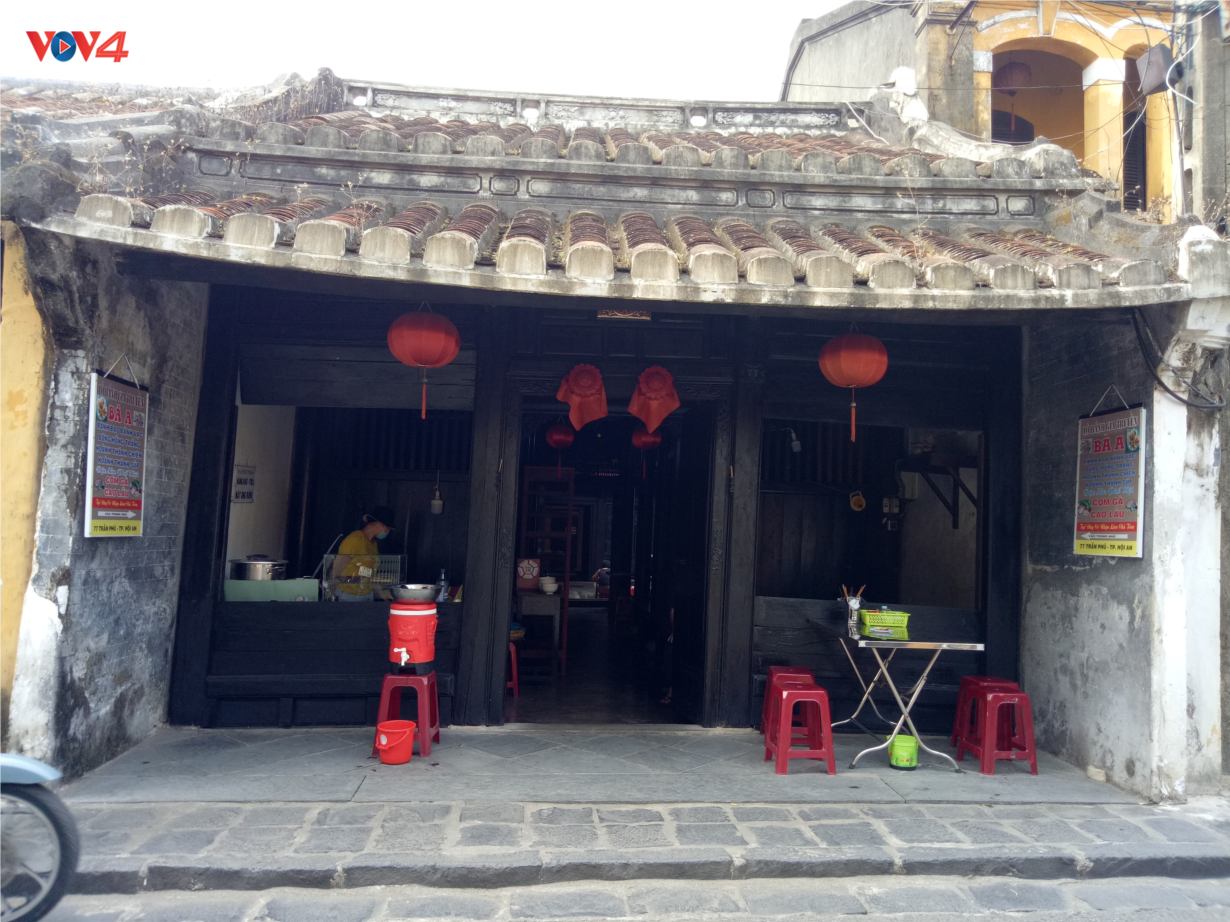

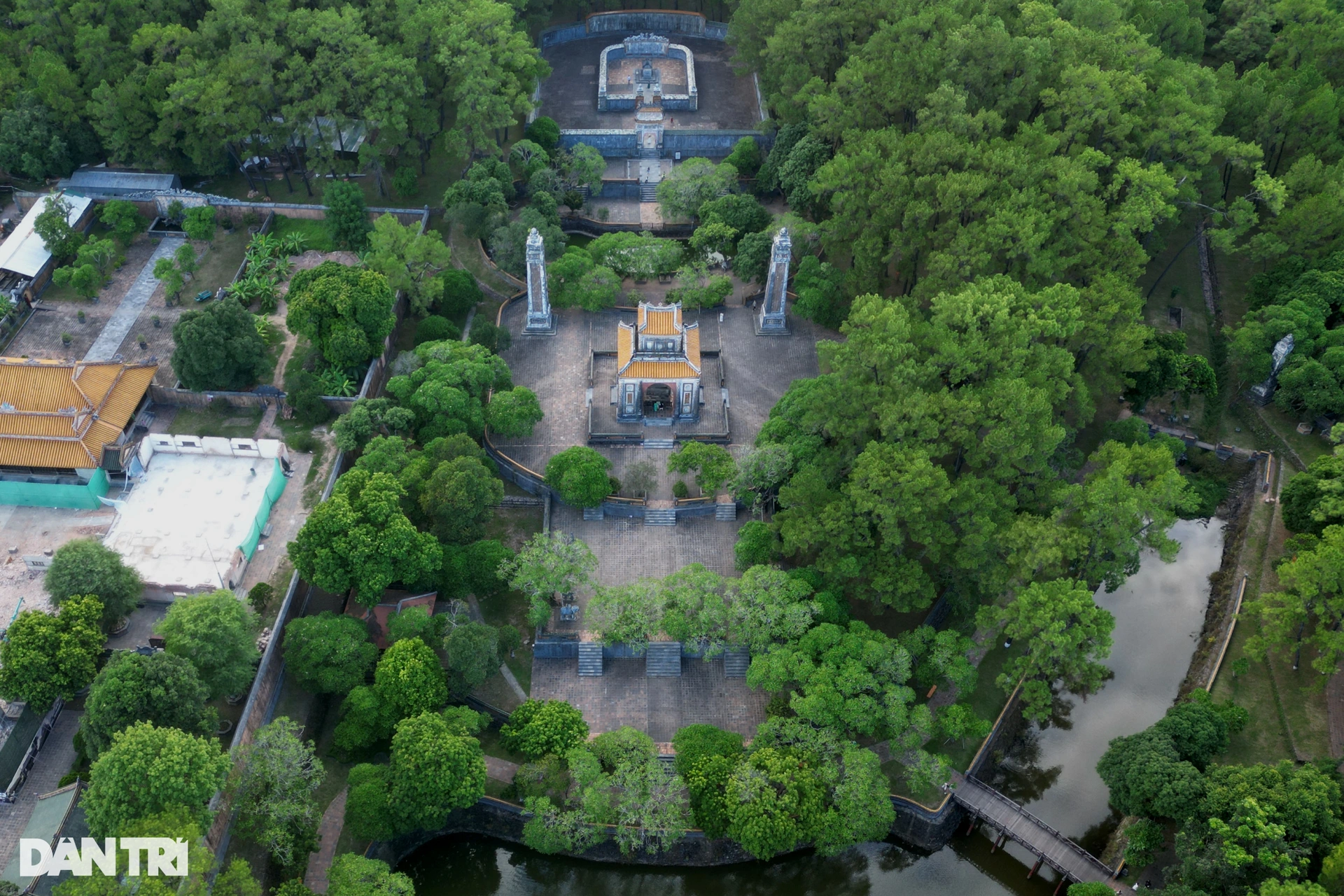

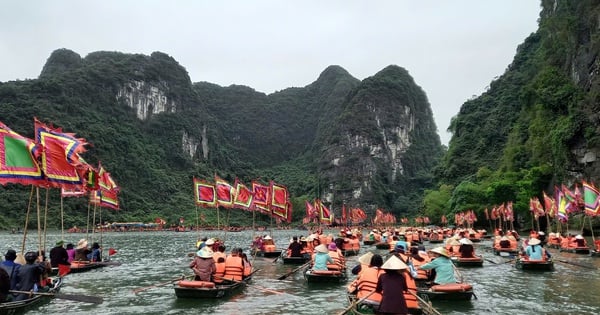

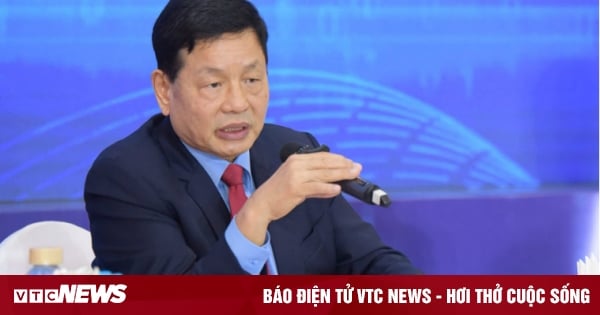

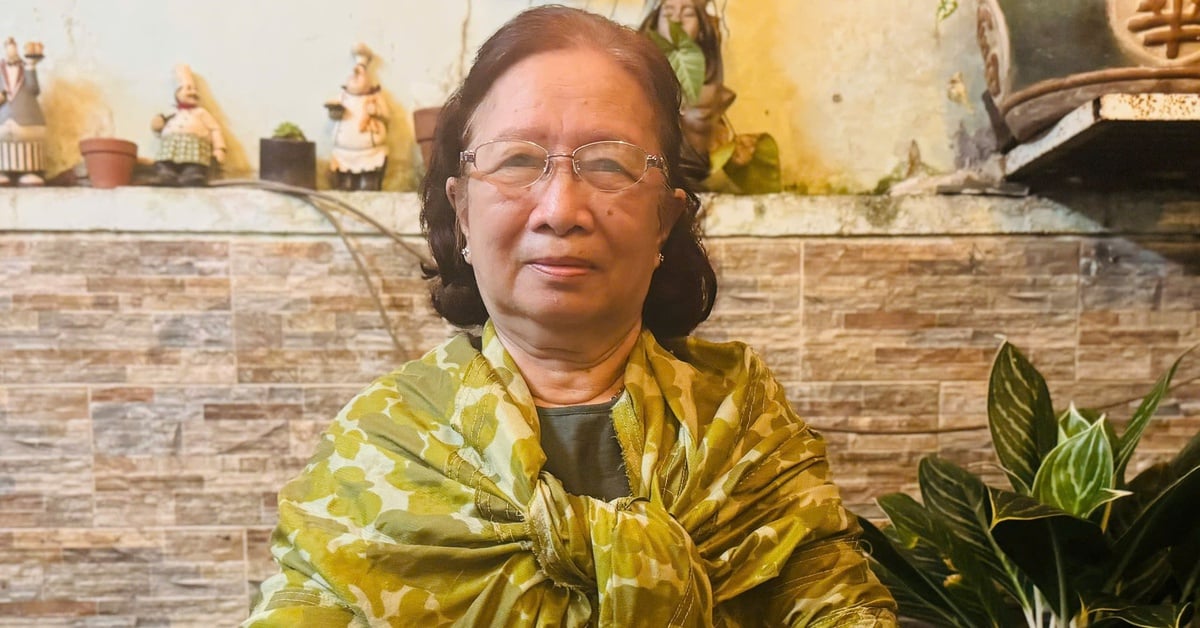

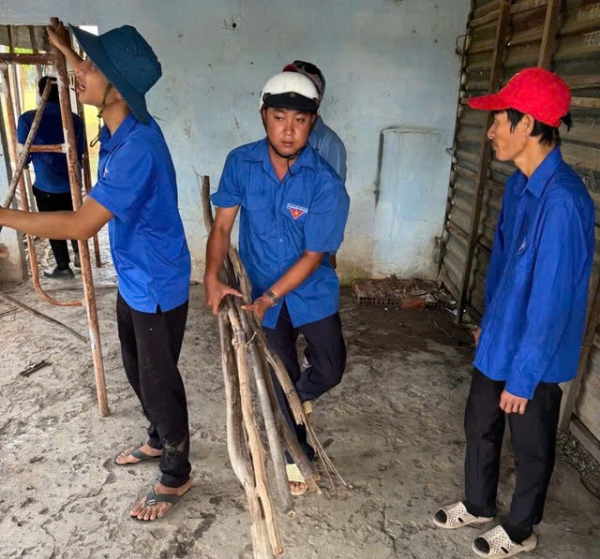

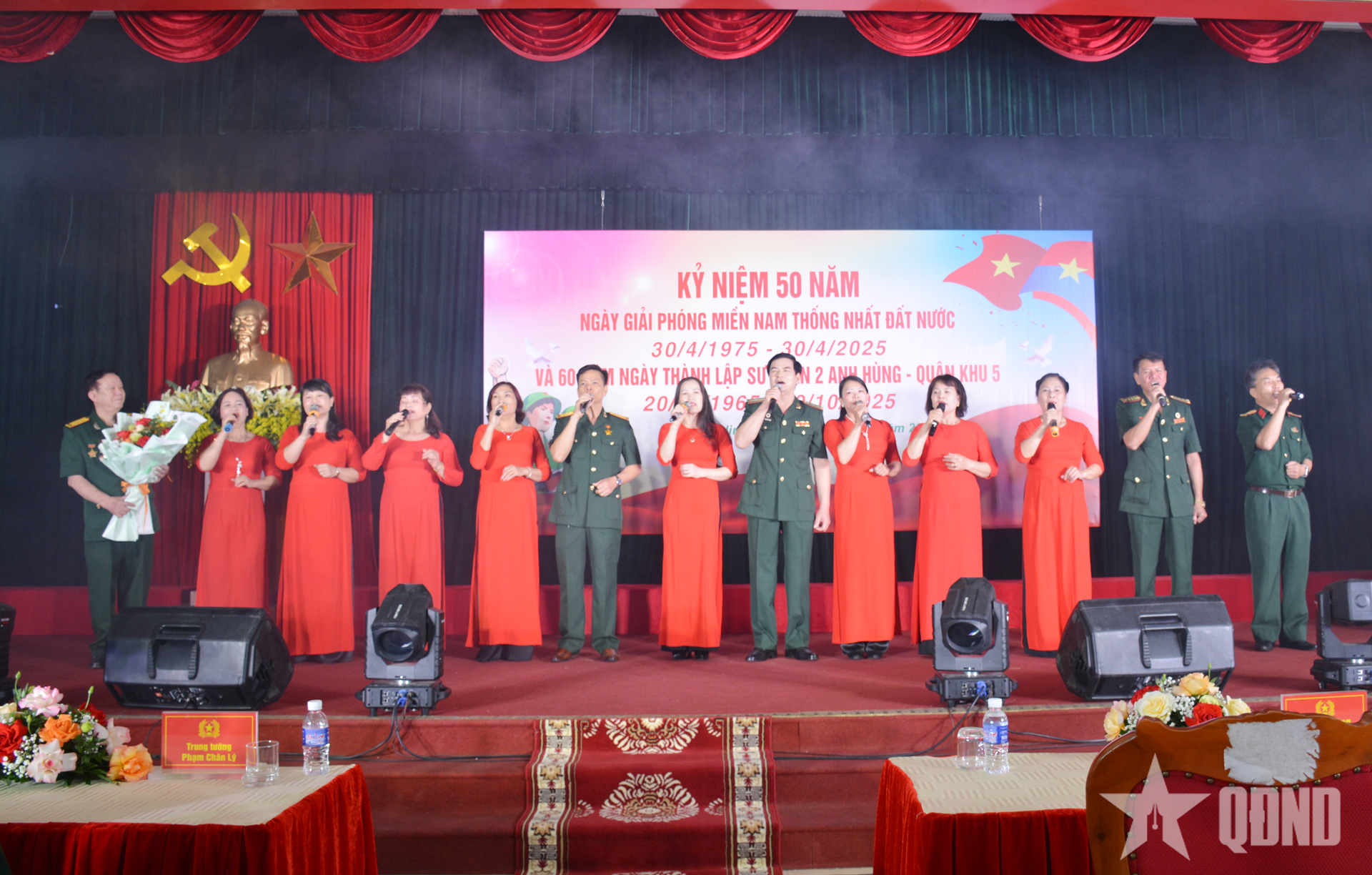


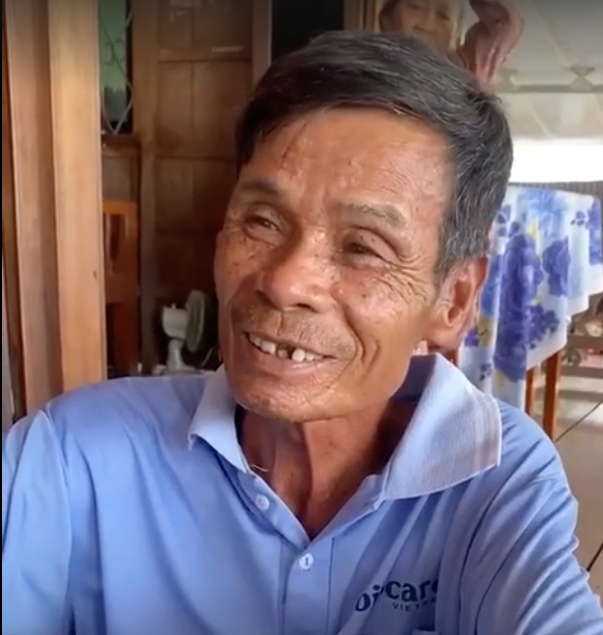


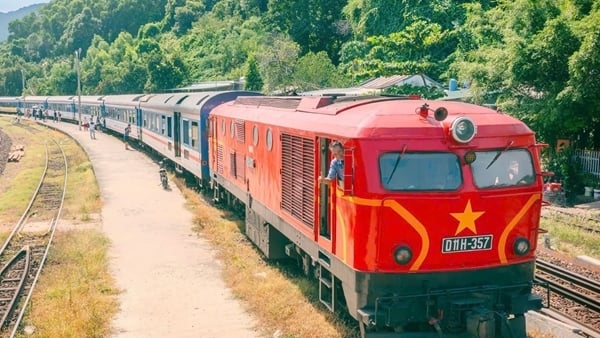


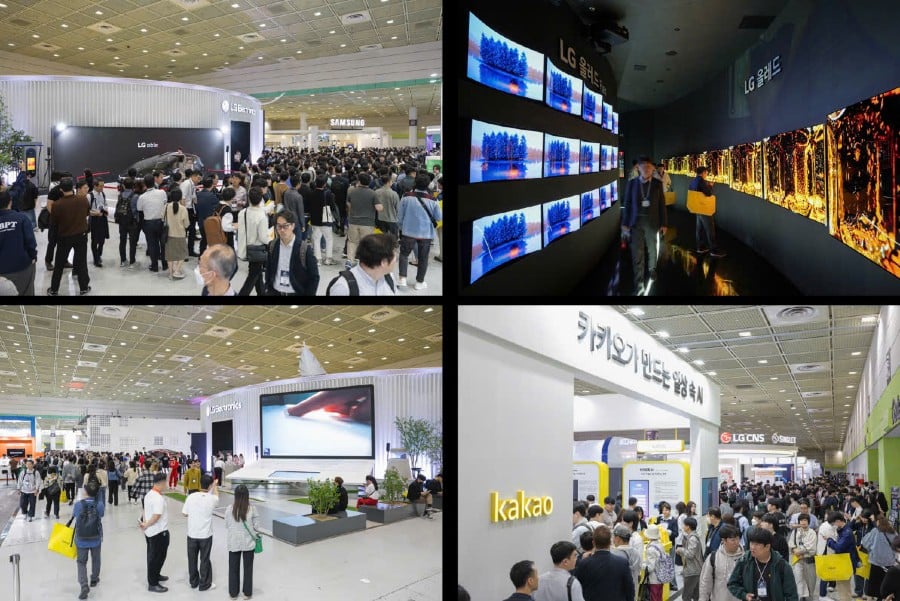

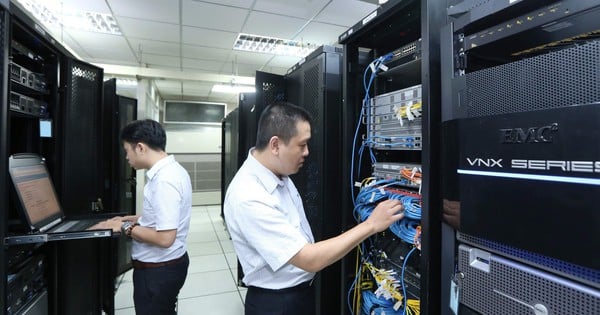
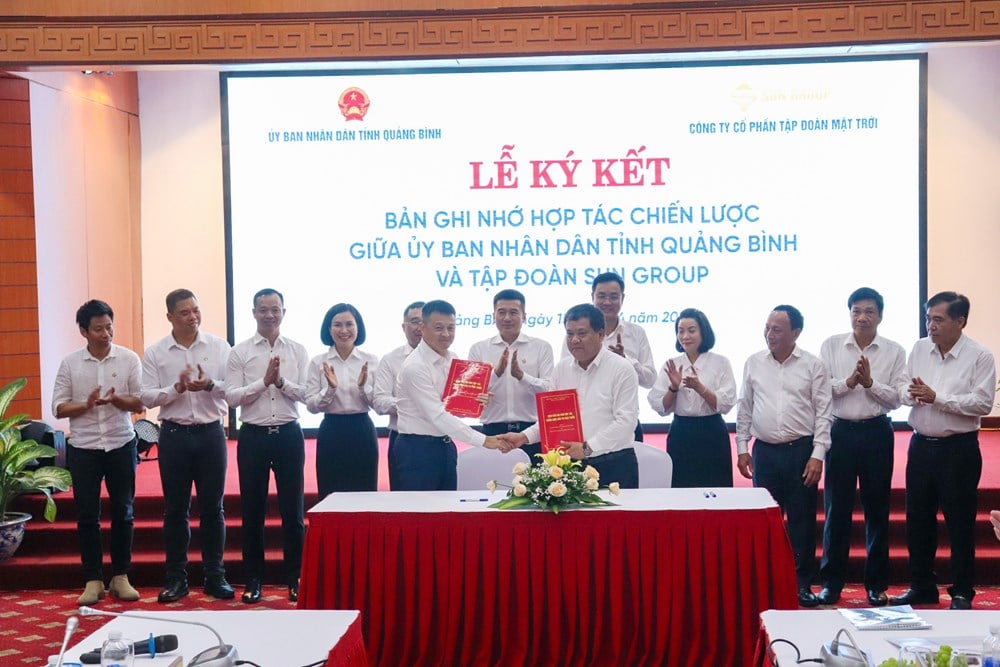

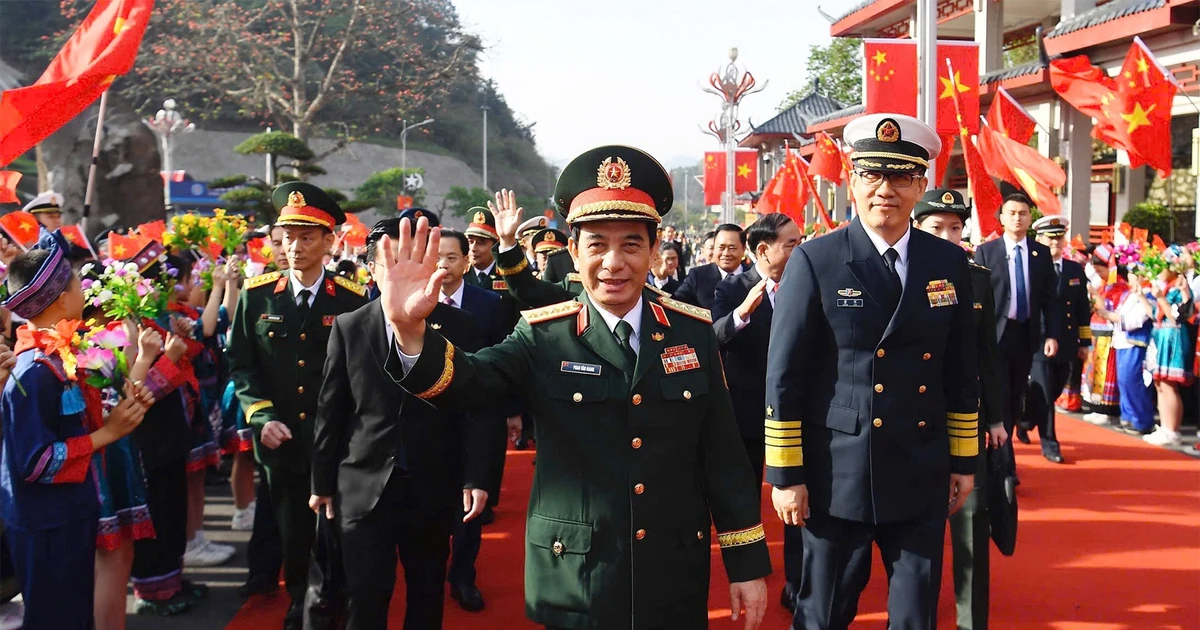

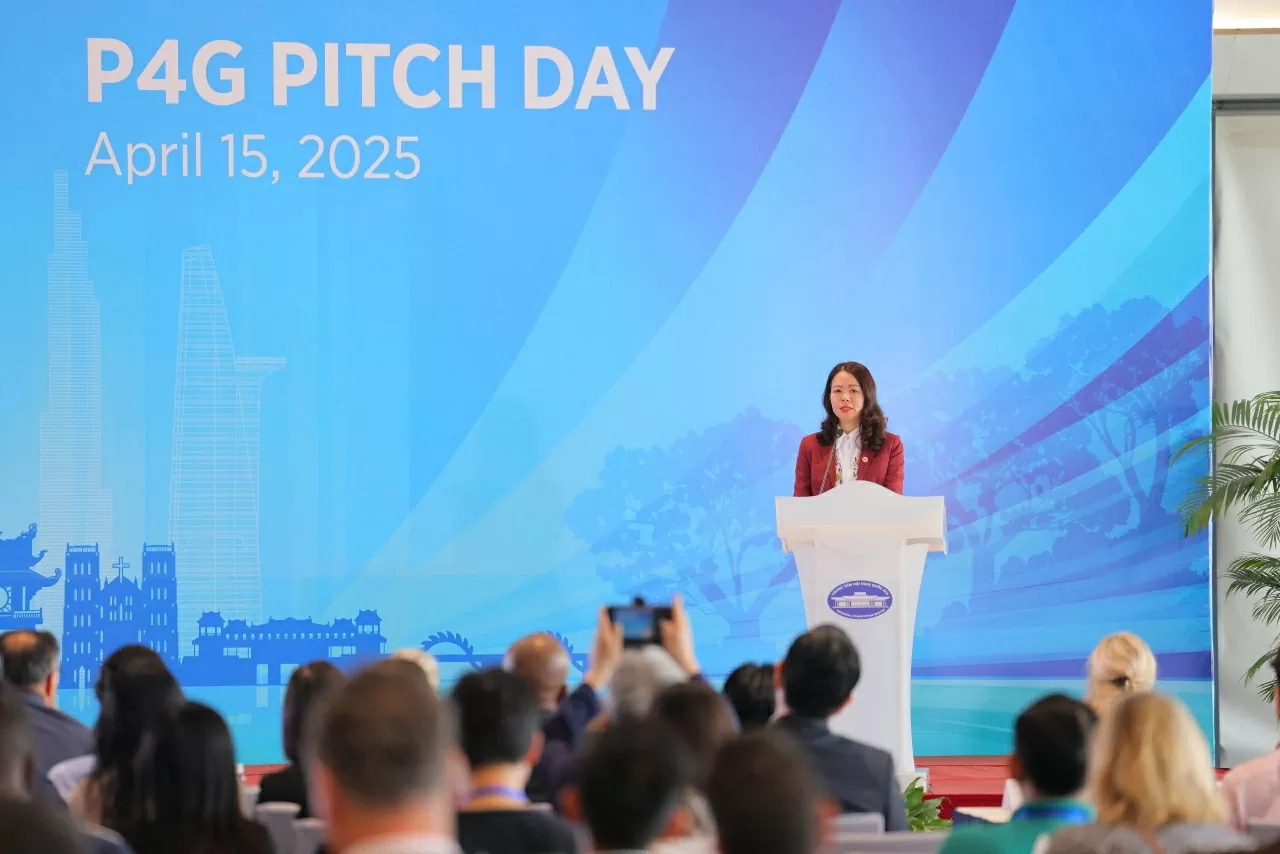

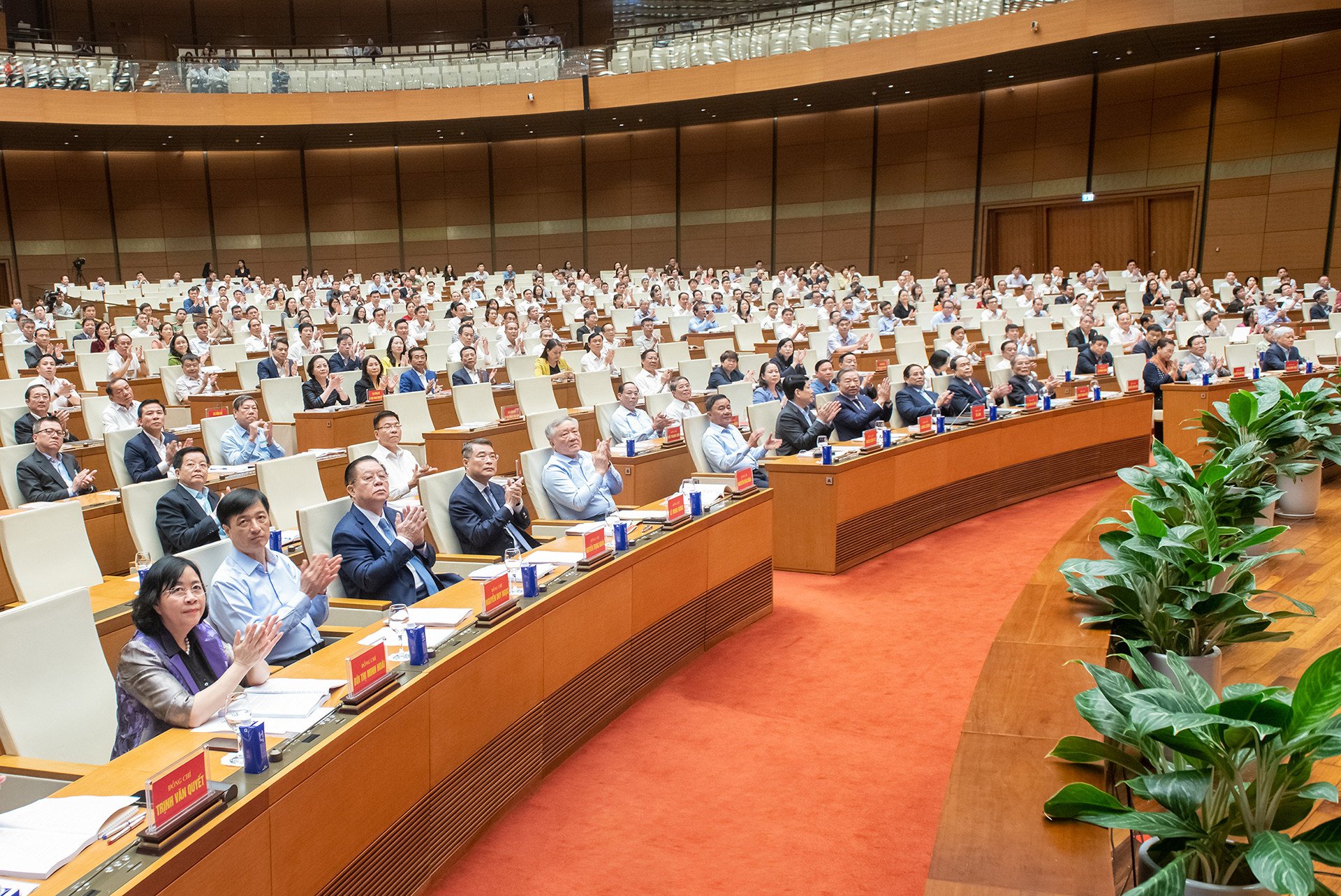
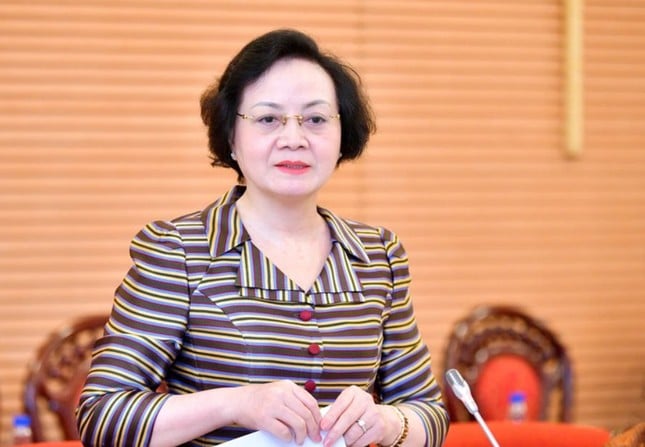

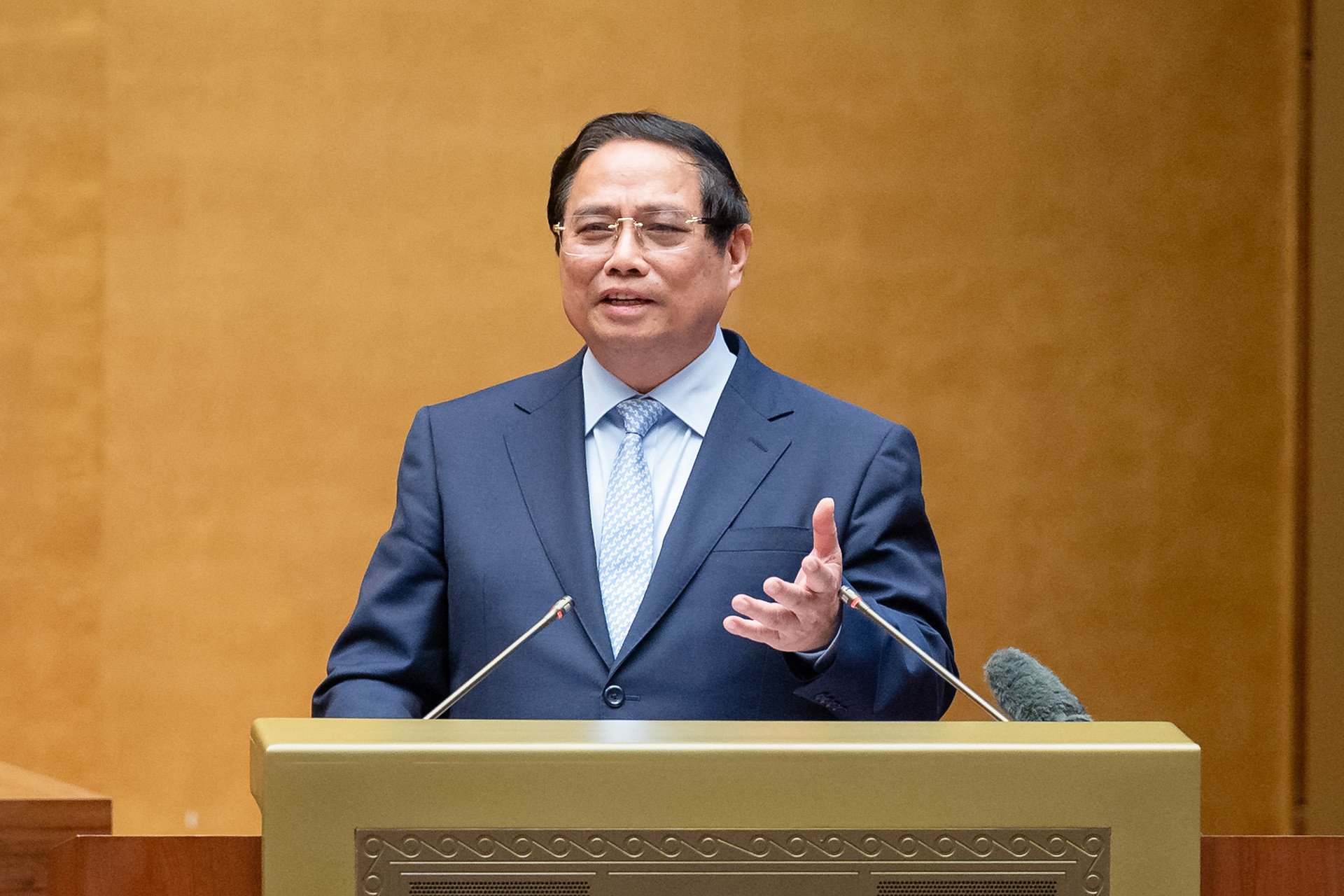
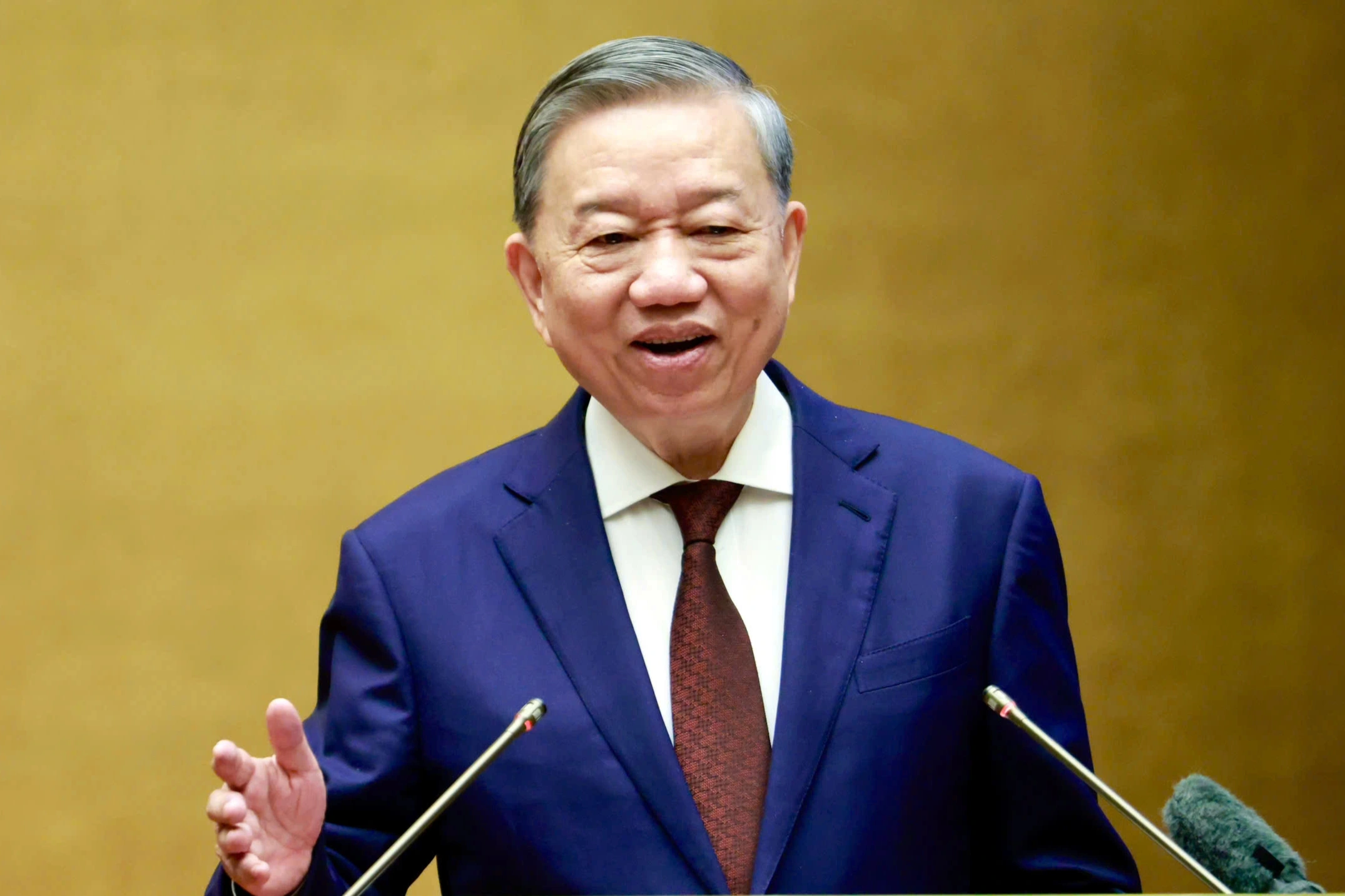
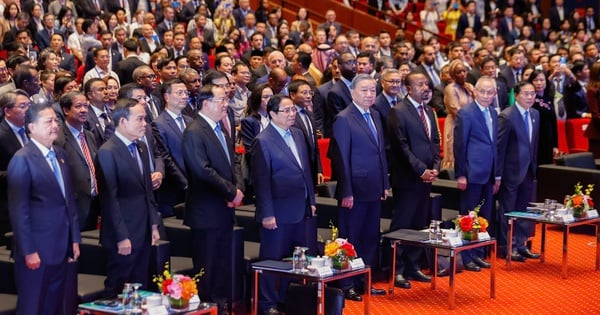



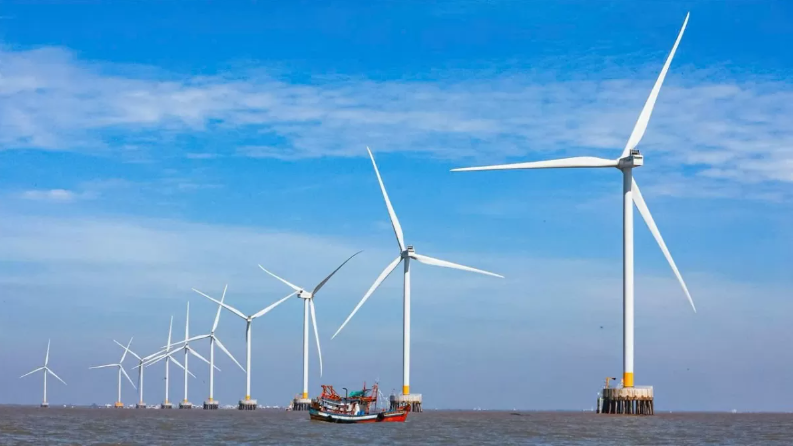
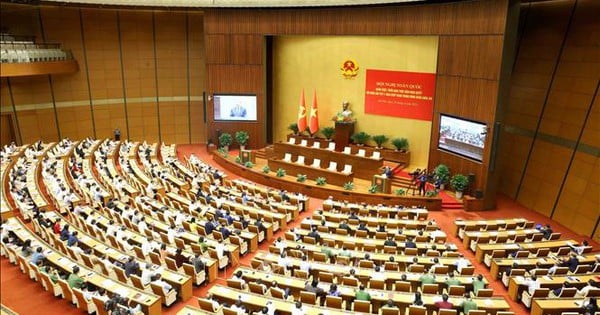

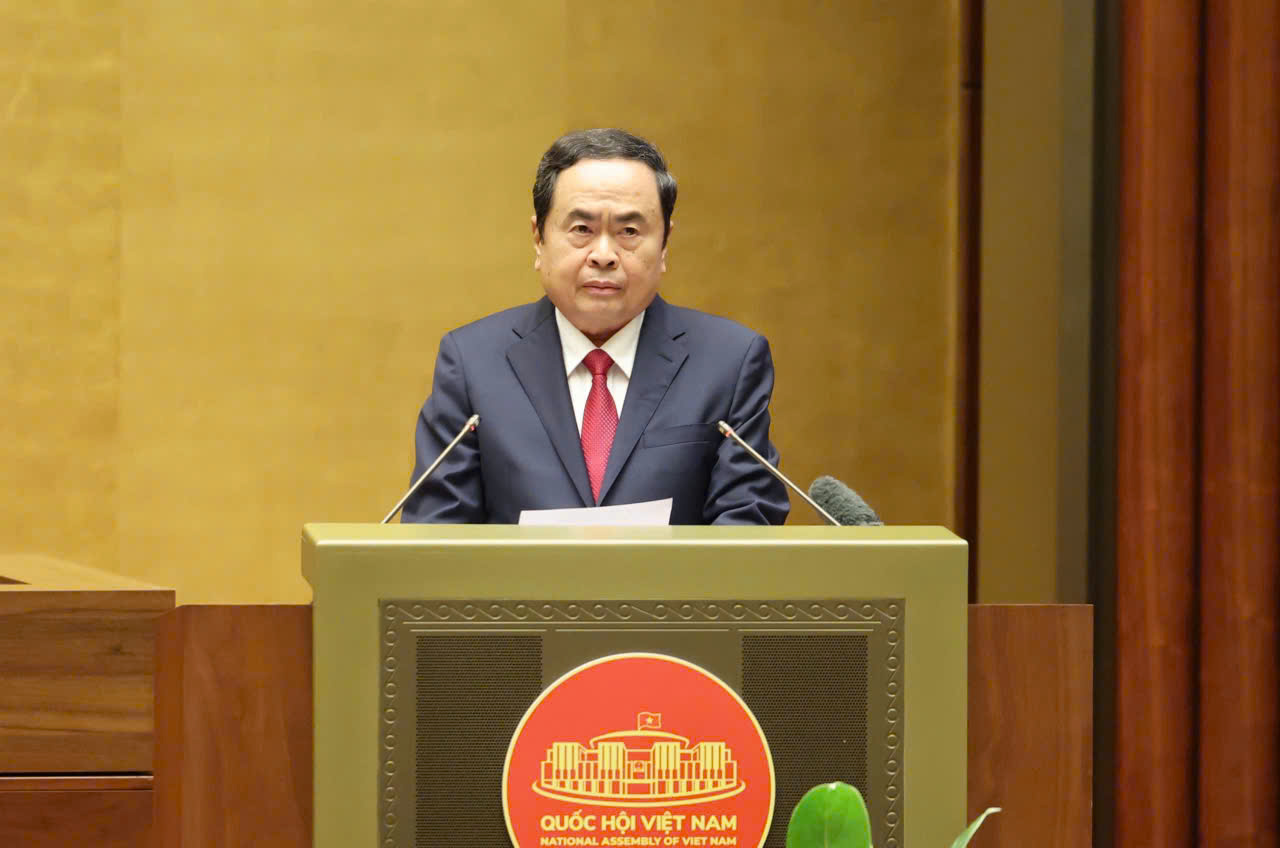






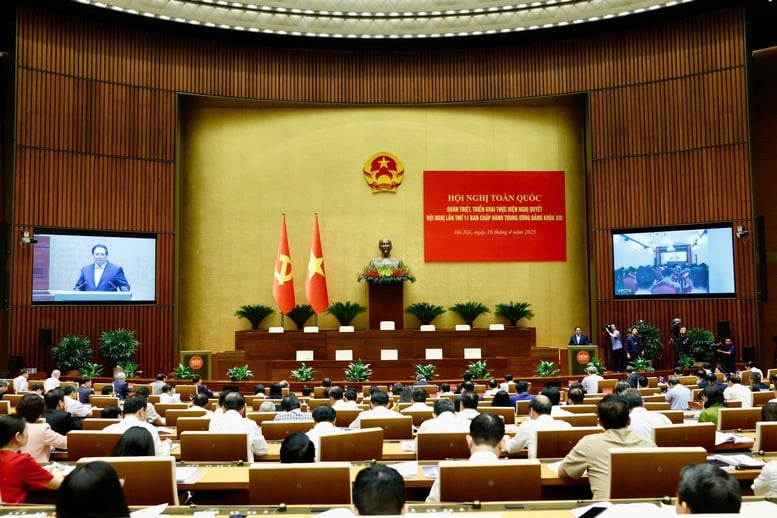
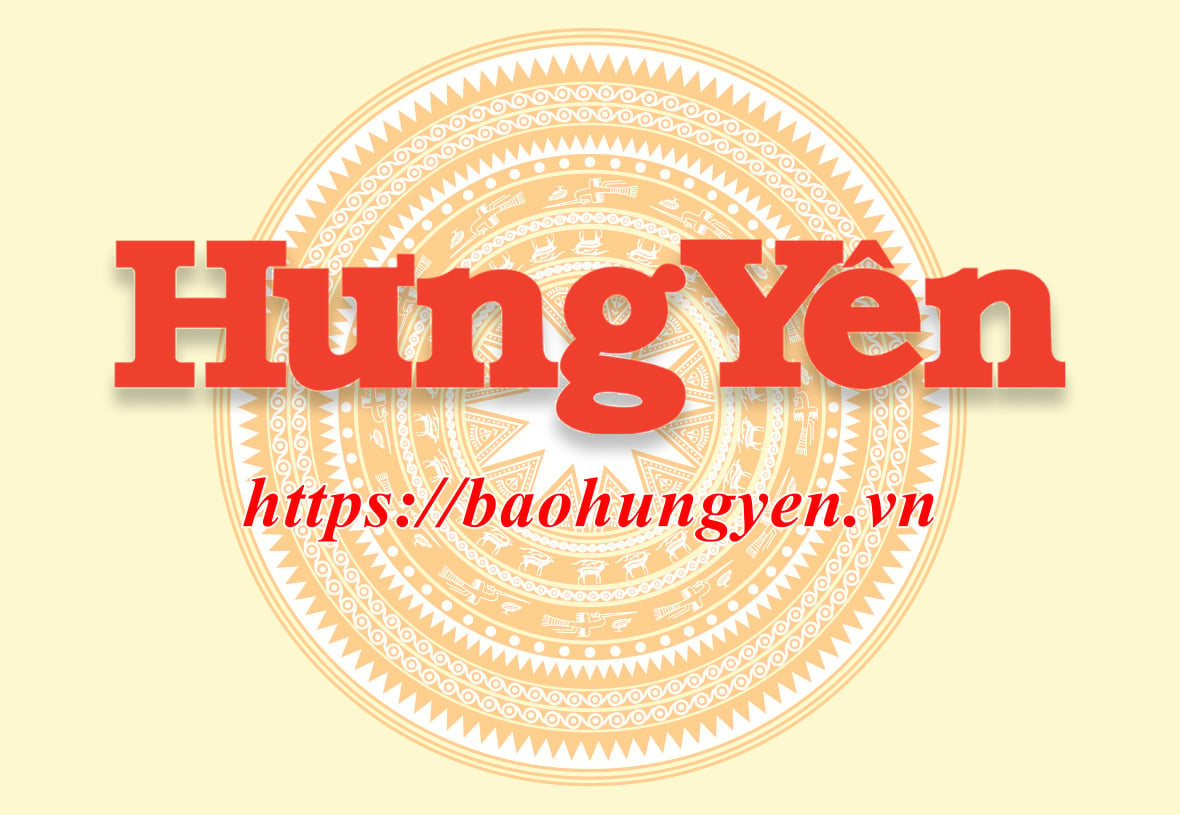

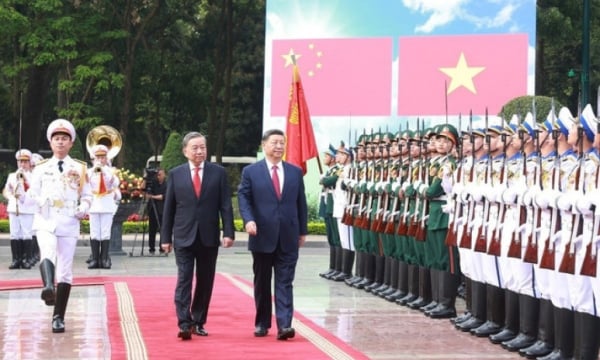


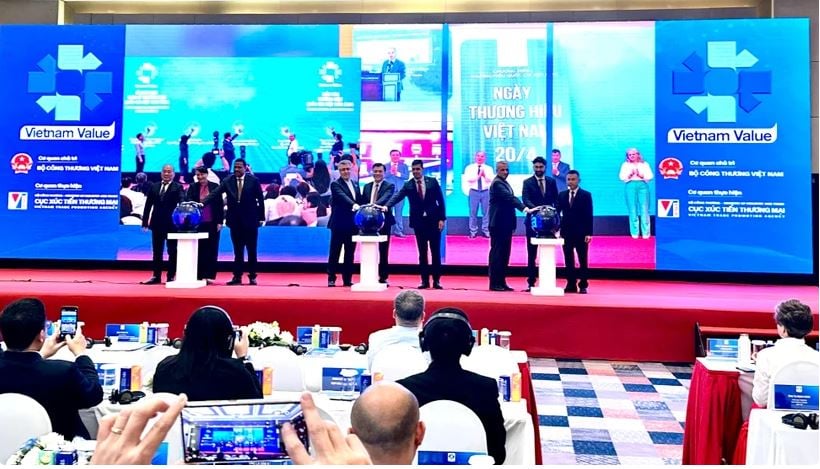

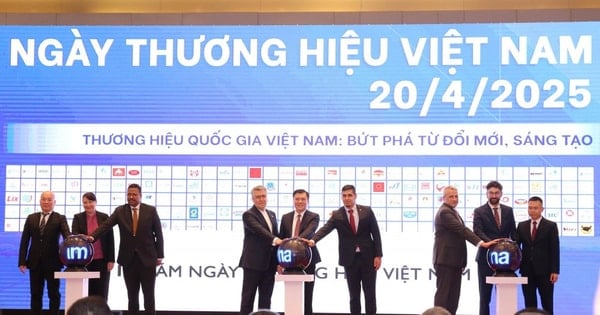
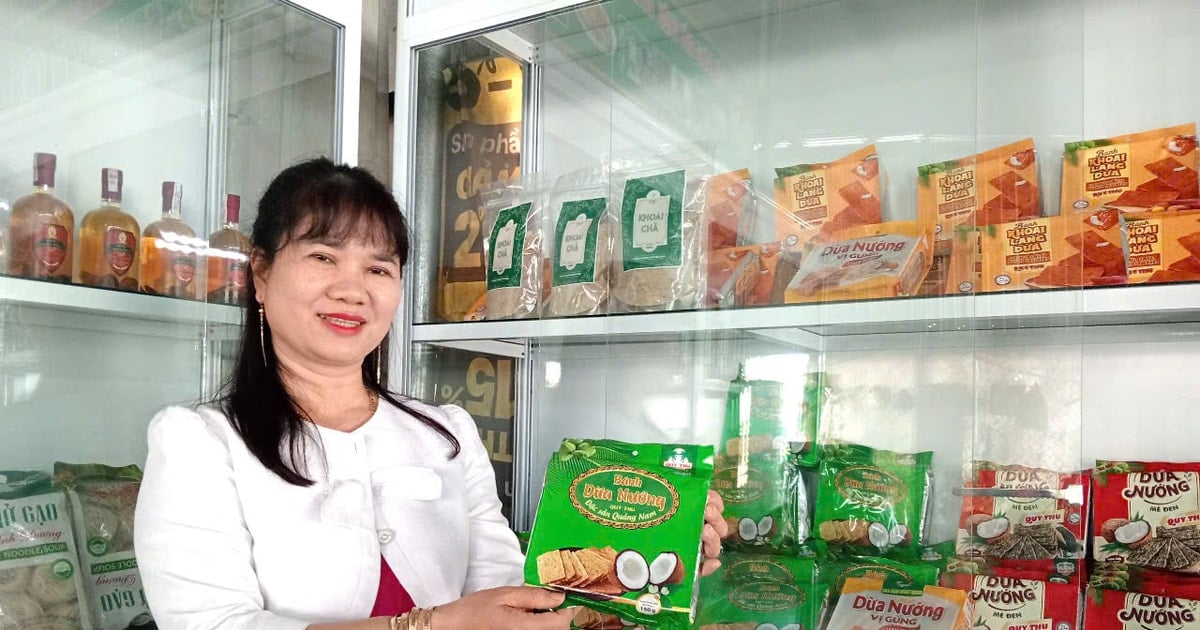
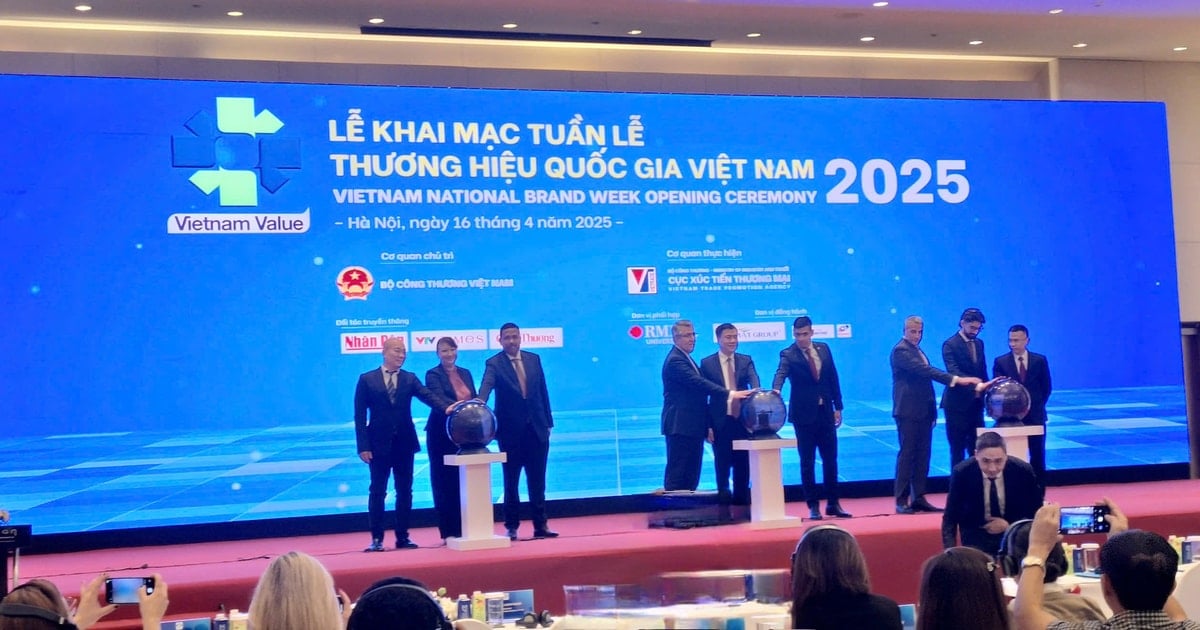
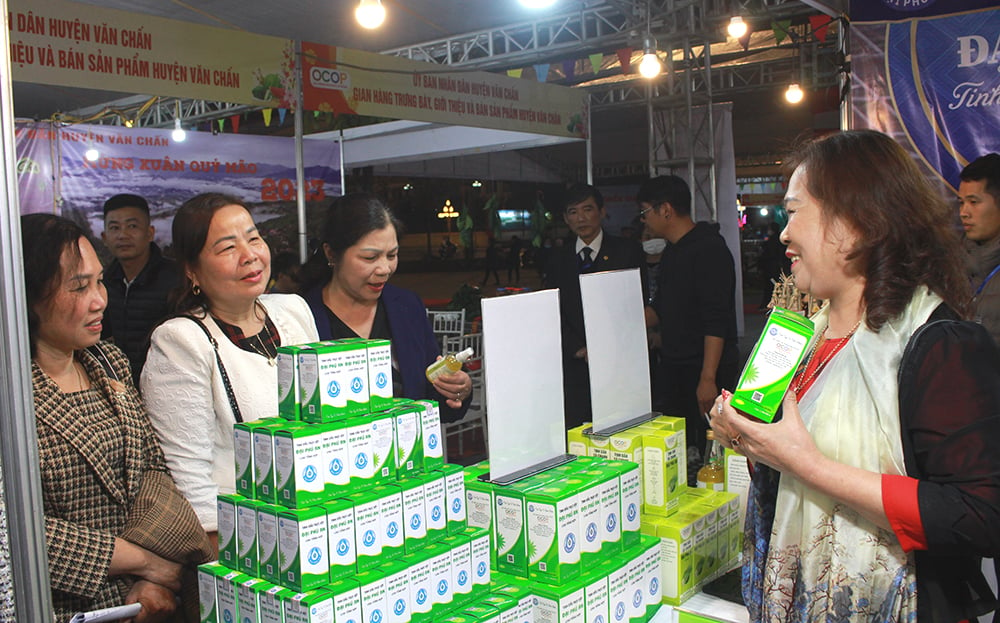

Comment (0)